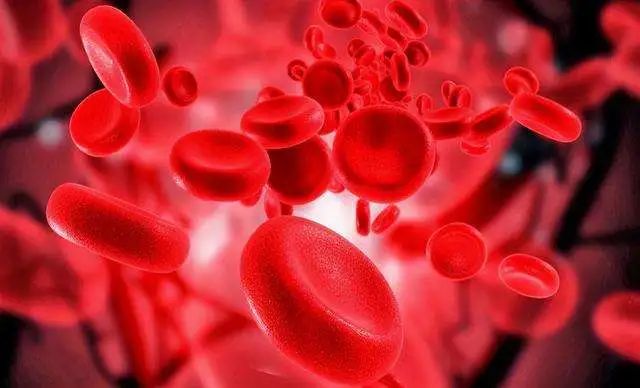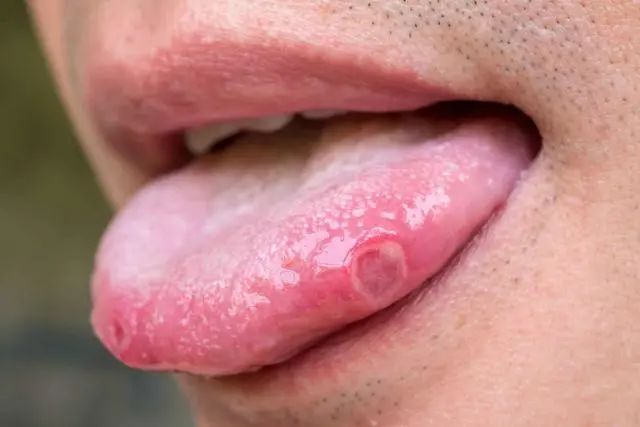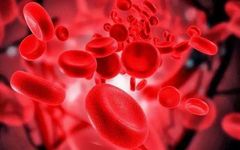Many people are aware of Qi deficiency, but may not know about blood deficiency (xue xu). Blood deficiency occurs when there is insufficient blood in the body, leading to a lack of nourishment for the limbs and internal organs, resulting in overall weakness. Individuals with anemia often have blood deficiency issues, but not all individuals with blood deficiency are anemic; there is a distinction between blood deficiency and anemia.

The group most prone to blood deficiency is women, who experience many opportunities for blood loss throughout their lives, particularly during menstruation. Especially postpartum women, who may experience excessive blood loss, coupled with the demands of caring for a newborn and not resting adequately, can suffer significant damage to their Qi and blood, leading to a decline in physical health.
How can one determine if they have blood deficiency? Pay attention to the following signs.
1. Hair
Healthy hair that is dark, thick, and smooth indicates sufficient Qi and blood. In contrast, dry, thinning, or split ends are signs of insufficient Qi and blood.

2. Hand Temperature
Under appropriate clothing conditions, warm hands indicate sufficient Qi and blood circulation. If one experiences sweaty palms or frequently cold hands and feet, it suggests a deficiency in Qi and blood.
3. Pale Tongue
A slightly pale tongue indicates mild blood deficiency, while a very pale tongue with a translucent appearance suggests a severe blood deficiency issue that requires attention.

4. Palpitations and Forgetfulness
Severe memory decline, where one forgets tasks immediately after thinking of them, along with poor sleep, insomnia, and vivid dreams, as well as palpitations, are all symptoms resulting from insufficient Qi and blood.
5. Skin
Healthy skin that is radiant and elastic indicates sufficient Qi and blood. Conversely, dry, dull skin with spots suggests a deficiency in Qi and blood, leading to poor physical health.

Blood deficiency has many symptoms, and these are some of the most common and noticeable manifestations. Experiencing blood deficiency significantly affects one’s vitality and spirit, and nourishing it requires attention to several aspects.
1. Nourish the Spleen and Stomach
Blood is transformed from the Spleen and Stomach, which are the source of Qi and blood production. Therefore, regulating the Spleen and Stomach is crucial for alleviating blood deficiency. Foods such as yam (shan yao) and coix seed (yi yi ren), which benefit the Spleen and Stomach, should be consumed more frequently.
2. Nourish Liver Blood
The liver plays a vital role in regulating Qi and blood, having functions of storing and dispersing blood. Proper liver care is essential for nourishing Qi and blood. Prioritizing rest is the first step in liver nourishment, along with developing good habits and maintaining a positive mood.

3. Herbal Nourishment
To replenish both Qi and blood, one can use herbs such as ginseng (ren shen), Bai Zhu (White Atractylodes), Fu Ling (Poria), Dang Gui (Angelica Sinensis), Shu Di Huang (Rehmannia), and Chuan Xiong (Ligusticum) to prepare a nourishing soup. This can effectively alleviate Qi and blood deficiency issues, preferably under the guidance of a TCM practitioner. (Consult a doctor)
4. Exercise for Nourishment
Engaging in aerobic exercises such as jogging, jumping rope, or yoga can promote metabolism and help regulate Qi and blood deficiency. It is best to avoid intense workouts.

In addition to these targeted nourishing methods, one can also choose foods that are beneficial for blood replenishment in daily meals, such as red dates (hong zao), pig liver (zhu gan), lean meat (shou rou), longan (long yan), brown sugar (hong tang), animal organs (dong wu nei zang), and fish and shrimp (yu xia). Many people are troubled by Qi and blood issues, but there are numerous methods to nourish blood deficiency. With dedicated care and persistence, this problem can be resolved quickly.

